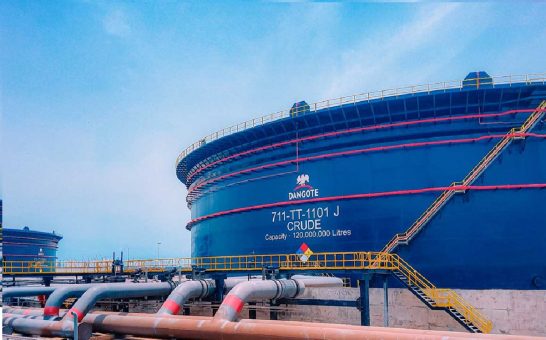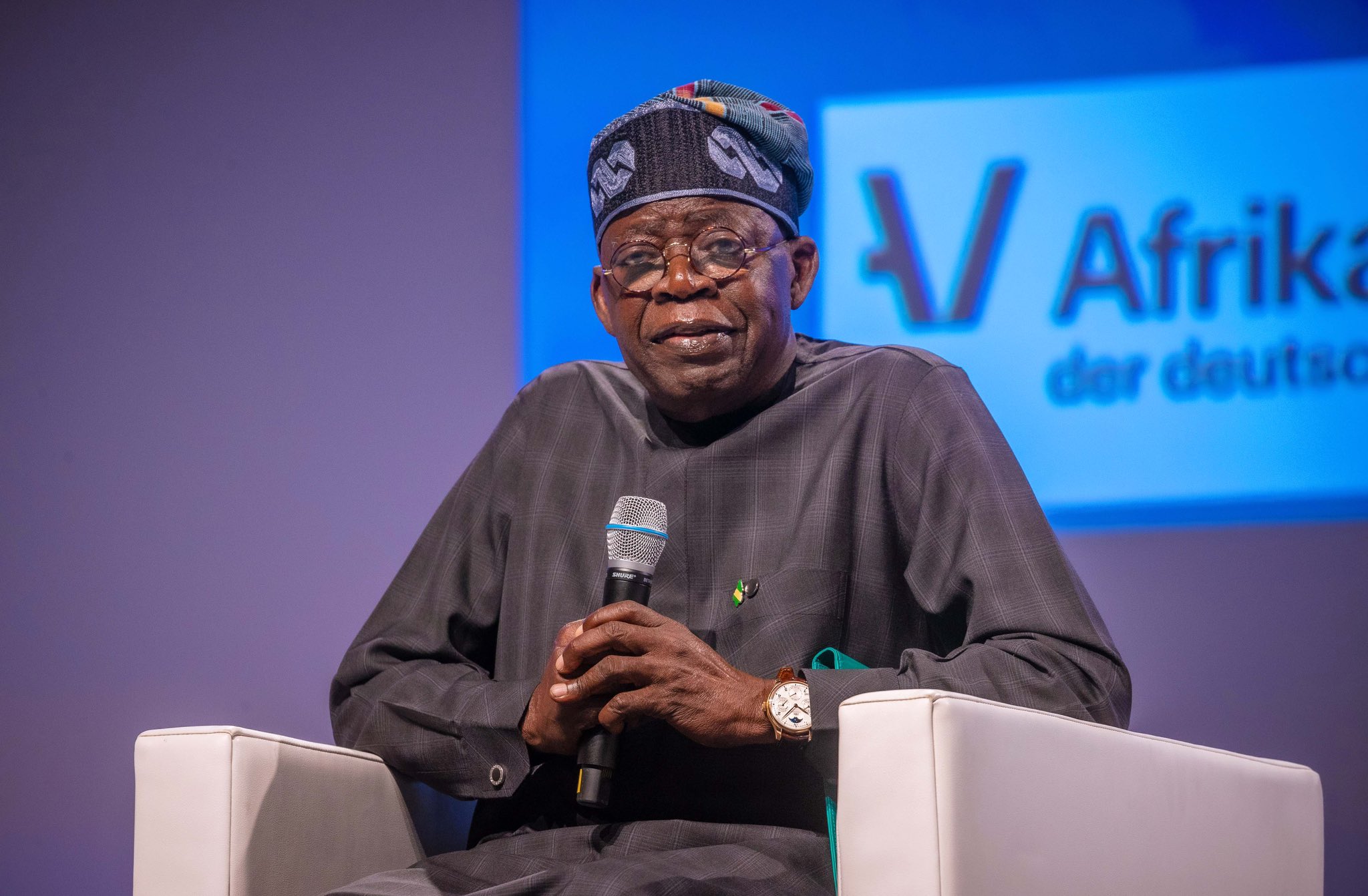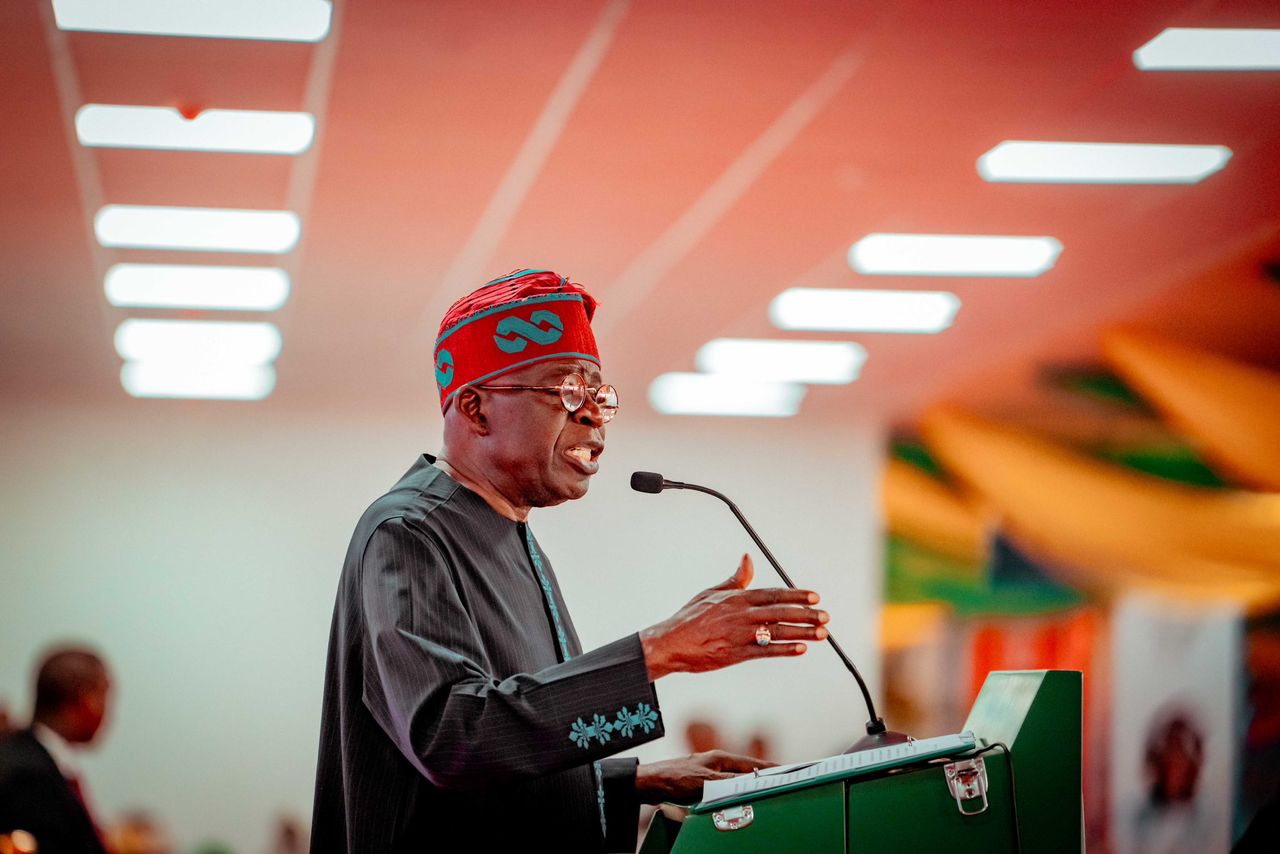The Dangote Petroleum Refinery has reduced the depot price of Premium Motor Spirit (PMS), also known as petrol, to ₦820 per litre, down from ₦838 per litre, as competition intensifies among domestic fuel marketers and global crude oil prices continue to tumble.
The latest cut, announced yesterday, follows a drop in international crude prices to $70 per barrel, down from over $77 per barrel recorded in June 2025.
This is the second major downward review by the Dangote Refinery in recent weeks, after it slashed its gantry price by 4.5% to ₦840 per litre from ₦880 in late June.
Marketers Follow Suit
Other key depot operators also implemented marginal reductions to remain competitive:
-
Fatgbems adjusted to ₦837/litre from ₦838
-
Integrated Oil dropped to ₦836/litre from ₦837
-
Bovas revised to ₦836/litre from ₦837
-
AIPEC slashed its price to ₦837/litre from ₦840
-
First Royal adjusted to ₦838/litre
According to petrolprice.com, Dangote Refinery’s ₦18 reduction marked the most significant adjustment in the market.
Market Reaction and Global Trends
Speaking to Vanguard, the Chief Executive Officer of Petrolprice.ng, Olatide Jeremiah, explained that both global and local market conditions were influencing the reductions.
“We are seeing a lot of dynamics in the global and domestic market. With the ceasefire in the Israel-Iran conflict, crude oil prices have dropped to about $70 per barrel from more than $77 per barrel,” Jeremiah said.
He projected that further price adjustments could occur in the coming weeks if global oil prices remain low or continue to fall.
Earlier in the year, depot owners slashed PMS prices by as much as 5% when Nigeria’s Bonny Light crude dropped to $68 per barrel from over $80, largely driven by geopolitical tensions in the Middle East.
Outlook
While the latest reductions offer temporary relief to marketers and potentially consumers, downstream players caution that volatility in global oil prices and foreign exchange pressures could still disrupt long-term pricing stability.
Analysts also note that increased domestic refining capacity, led by Dangote Refinery’s output, is gradually reshaping Nigeria’s fuel supply landscape, pushing toward greater competition and potentially improved pricing for end users.




